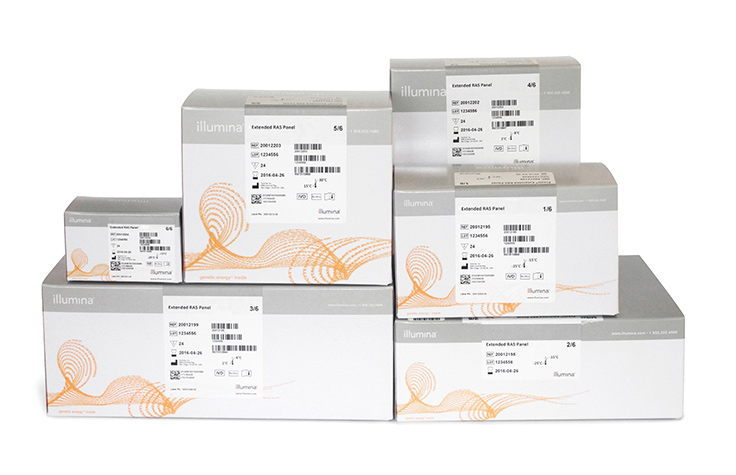FDA BRIEF: Week of July 3, 2017

DIGNICAP Cooling System
Dignitana Inc.
EXPANDED INDICATION FOR USE: To reduce the frequency and severity of hair loss during chemotherapy in solid tumor cancer patients in which alopecia-inducing chemotherapeutic agents and doses are used
ADDRESSING UNMET NEED: First cooling cap cleared for use in cancer patients with solid tumors
REG PATHWAY: 510(k)
- First clearance via De Novo pathway (2015) – For use in patients with breast cancer
- Classification Name: Scalp Cooling System
- Regulation Number: 878.4360
- Regulation Name: PMC
DEVICE DESCRIPTION:
- Computer-controlled system – cap is worn on the head and circulates liquid to a cap to cool the scalp during chemotherapy treatment
- Cap is covered by a second cap made from neoprene to hold cooling cap in place and act as an insulation cover
- Cooling intended to constrict scalp blood vessels to reduce amount of chemotherapy reaching hair follicles
- Cold temperature also decreases hair follicles activities, slows cell division, making them less affected by chemotherapy
- Combined actions thought to reduce the effect chemotherapy has on the cells, which may reduce hair loss
EFFECTIVENESS:
De Novo Indication for use in breast cancer:
- Stage I and Stage II breast cancer undergoing chemotherapy associated with hair loss (n=122)
- Primary endpoint: Self-assessment of hair loss using standardized photographs
- 66% reported losing less than half their hair
510(k) for expanded indication for use in solid tumors
- Evidence from published, peer-reviewed articles analyzing DigniCap use in cancer patients with solid tumors in other areas of the body besides the breast
- These studies provided valid scientific evidence to support expanded indication
SAFETY:
- Contraindicated for pediatric patients, patients with certain cancers and patient undergoing specific chemotherapy treatments
- Not appropriate for patients with cold sensitivity or susceptibility to cold-related injuries
- Most common side effects: Cold-induced headaches, neck and shoulder discomfort, chills and pain associated with extended use
- Long-term effects of scalp-cooling and risk of scalp metastasis have not been fully studied
ENDARI (L-glutamine) oral powder
Emmaus Medical Inc
INDICATION: To reduce the acute complications of sickle cell disease (SCD) in adult and pediatric patients 5 years of age and older
ADDRESSING UNMET NEED:
- SCD is an inherited blood disorder with red blood cells (RBC) abnormally sickle shaped
- Restricts blood flow leading to severe pain and organ damage
- 100,000 US patients; mostly in African-Americans, Latinos, other minority groups
REG PATHWAY: NDA, Standard Review, Orphan Drug Designation
- Postmarketing commitment: Dose-finding trial in adult and pediatric SCD patients with body weight less than or equal to 65 kg
MECHANISM OF ACTION: L-glutamine may improve the NAD redox potential in sickle RBCs through increasing the availability of reduced glutathione
- Randomized, double-blind, placebo-controlled, multi-center clinical trial (n=230)
- Efficacy: Reduction in number of sickle cell crises through Week 48 and prior to start of tapering among patients
 SAFETY:
SAFETY:
- Common side effects: Constipation, nausea, headache, abdominal pain, cough, pain in the extremities, back pain and chest pain
PRAXIS Extended RAS Panel
Illumina
INTENDED USE: Qualitative in vitro diagnostic test using targeted high throughput parallel sequencing for the detection of 56 specific mutations in RAS genes [KRAS (exons 2, 3, and 4) and NRAS (exons 2, 3, and 4)] in DNA extracted from formalin‐fixed, paraffin‐embedded (FFPE) colorectal cancer (CRC) tissue samples.
The Praxis™ Extended RAS Panel is indicated to aid in the identification of patients with colorectal cancer for treatment with Vectibix® (panitumumab) based on a no mutation detected test result. The test is intended to be used on the Illumina MiSeqDx® instrument
ADDRESSING UNMET NEED: First FDA-approved NGS test that can detect multiple RAS gene mutations for colorectal cancer in a single test
REG PATHWAY: PMA
- Product Code: PQP
PRINCIPLES OF PROCEDURE:
- Qualify DNA sample that can be used for the test
- Manually prepare samples for sequencing – library preparation – Hybridization, Extension‐Ligation, PCR Amplification, and Library Normalization
- Sequence prepared sample using SBS (sequencing by synthesis) chemistry on the MiSeqDx
EFFECTIVENESS AND SAFETY:
- Studied retrospectively using available specimens from mCRC patients enrolled in multi-center clinical trial with Vectibix plus FOLFOX to FOLFOX alone
- Progression-free survival and overall survival in wild-type RAS patients demonstrated that the efficacy of panitumumab in patients whose tumors do not have a KRAS or NRAS mutation is supported
- Analytical validation demonstrated that the panel performs consistently and accurately in the detection of the select KRAS and NRAS mutations in mCRC patients.

